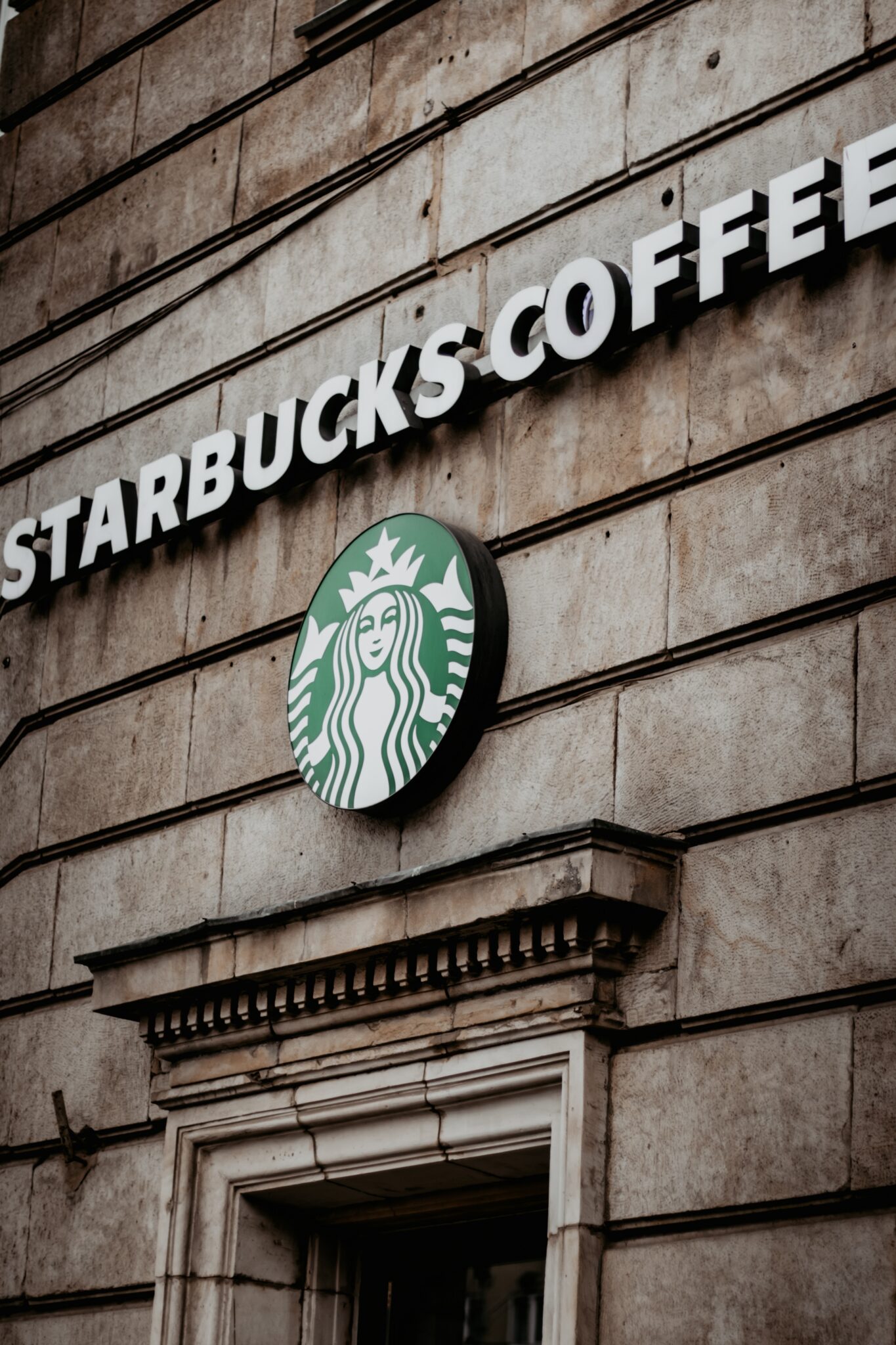
John Fry is a student at Harvard Law School.
In today’s news and commentary, the NLRB applies Cemex and other new standards to a cannabis dispensary; Starbucks withholds new benefits from union stores; and the GC’s office asks the Board to drop an “adverse action” requirement.
The National Labor Relations Board continues to apply its new Cemex standard for bargaining orders, as a Missouri cannabis dispensary accused of committing numerous unfair labor practices (“ULPs”) during a union drive has agreed to recognize and bargain with UFCW Local 655. In addition to reinstating fired workers and providing back pay, the Shangri-La dispensary will also pay damages to an employee who took out a predatory loan after being fired. The settlement terms reflect the Biden NLRB’s view that remedies for labor law violations must make workers whole for all economic harm that foreseeably results from a ULP, such as out-of-pocket medical bills and lower credit scores. Shangri-La will also rescind some portions of its employee handbook, likely a result of the Board’s new Stericycle approach to overbroad work rules that chill workers’ protected activity.
Starbucks has once again withheld wage raises and other new benefits from workers at union stores. The longest-tenured baristas at non-union stores are now eligible for 5% raises, the company announced yesterday. Other new perks denied to union stores include a faster timeline for accruing vacation time and a “championship” competition for top baristas across the United States and Canada. Starbucks has done this before—when the company denied raises and benefits to union stores in August 2022, an Administrative Law Judge (“ALJ”) called it a “flagrant, corporate-wide attack on its employees’ right to choose union representation,” declaring the company’s actions illegal. Starbucks Workers United has vowed to challenge the changes announced yesterday as well.
The NLRB General Counsel’s office has asked the Board to lower the threshold for a finding of anti-union discrimination in the context of 8(a)(1) and 8(a)(3) ULPs. Even in cases where an employer does not take “adverse action” against an employee, the employer may unlawfully interfere with workers’ rights, for example by promoting a worker to remove them from a bargaining unit, according to the recently filed brief. As Julio covered in September, an ALJ recently ruled that Starbucks’ refusal to transfer an Illinois barista between stores was not an adverse action, and thus did not constitute a ULP. The GC’s office has urged the Board to overrule the ALJ and hold that any employer action driven by anti-union animus is unlawful if it reasonably tends to chill workers’ exercise of their rights.






Daily News & Commentary
Start your day with our roundup of the latest labor developments. See all
February 8
The Second Circuit rejects a constitutional challenge to the NLRB, pharmacy and lab technicians join a California healthcare strike, and the EEOC defends a single better-paid worker standard in Equal Pay Act suits.
February 6
The California Supreme Court rules on an arbitration agreement, Trump administration announces new rule on civil service protections, and states modify affirmative action requirements
February 5
Minnesota schools and teachers sue to limit ICE presence near schools; labor leaders call on Newsom to protect workers from AI; UAW and Volkswagen reach a tentative agreement.
February 4
Lawsuit challenges Trump Gold Card; insurance coverage of fertility services; moratorium on layoffs for federal workers extended
February 3
In today’s news and commentary, Bloomberg reports on a drop in unionization, Starbucks challenges an NLRB ruling, and a federal judge blocks DHS termination of protections for Haitian migrants. Volatile economic conditions and a shifting political climate drove new union membership sharply lower in 2025, according to a Bloomberg Law report analyzing trends in labor […]
February 2
Amazon announces layoffs; Trump picks BLS commissioner; DOL authorizes supplemental H-2B visas.